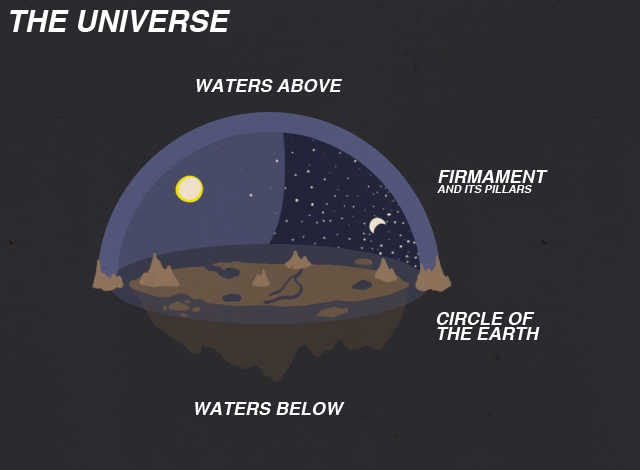The other day, me and my friends were discussing about End times pertaining to Mat 24, and came across this verse
"My words are always true and always here with you. Heaven and earth will pass away, but My words will never pass away"
Mat 24:35
Which says, the earth will be destroyed and a new earth and heaven will be formed according to Rev 21:1. And how Isiah predicts the calamities can be read from this answer.
But I was thinking, maybe if this earth will have such problems, what they can be avoided by migrating to other planets?
Hence the question, do those verses mean only our Earth or the whole land in both Mat 24:35 and Gen 1???
I think there is no mention of other planets of this universe in the Bible.
So, when God was referring to "Earth" in Gen 1, could it be considered as all the land in this universe that God is referring to as Earth? or Should it be considered as he's being specific about only our planet "Earth"?
So, my question is in general How is "earth" interpreted. Could the word be applied to the land of the whole universe?
I request you to focus on the title "Is all the land in the universe called Earth?"

